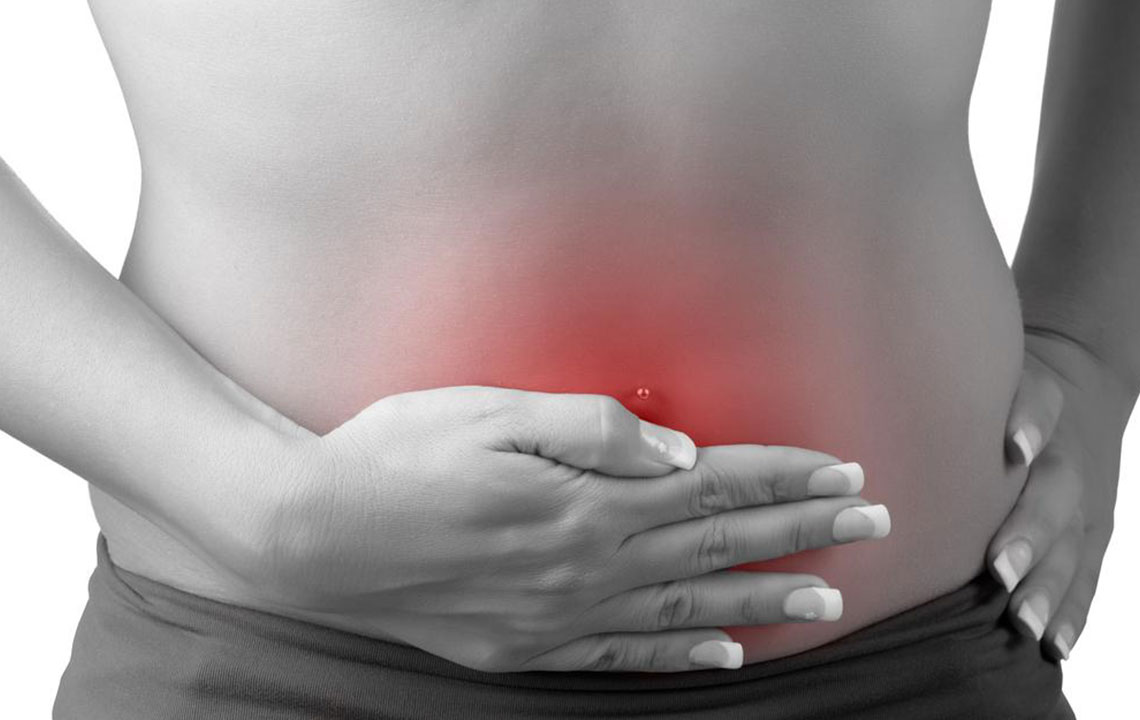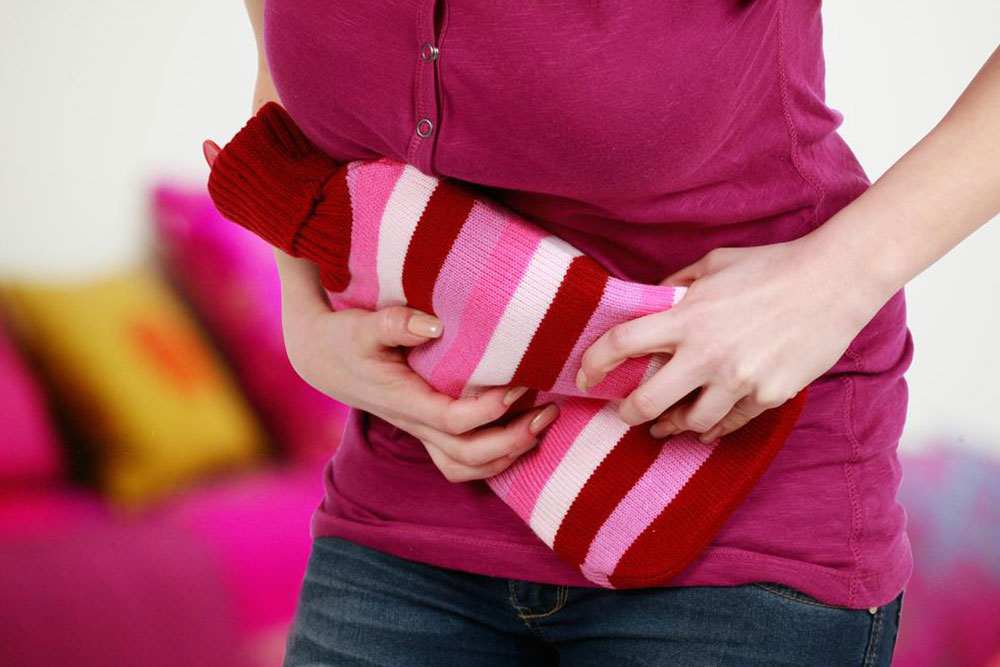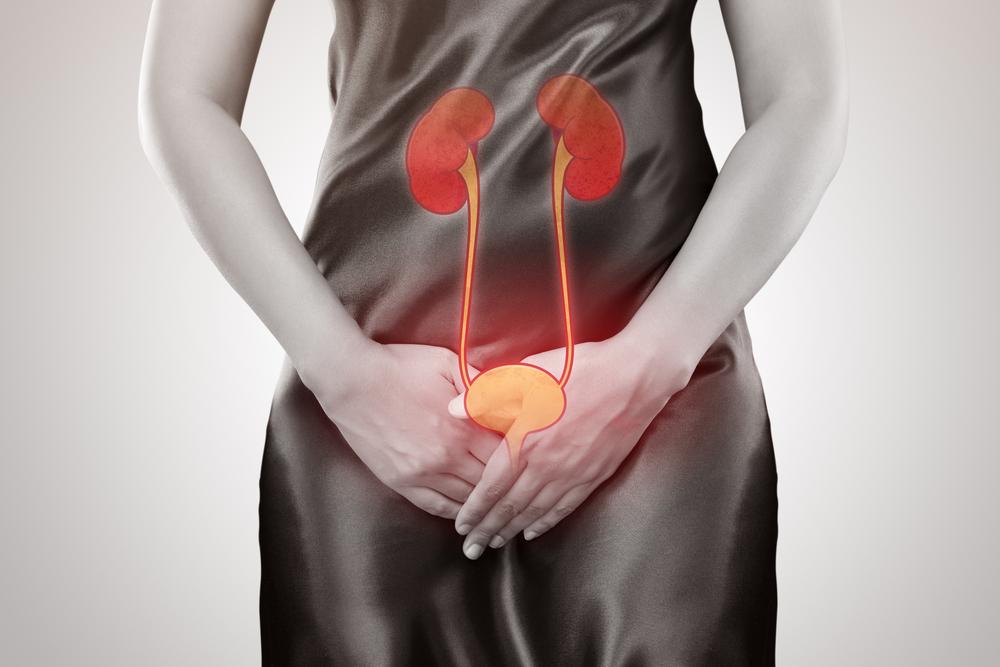Effective Strategies to Treat Urinary Tract Infections
This article explores effective treatments and practical tips for managing urinary tract infections (UTIs). It highlights hydration, antibiotics, pain relief, and home remedies to prevent and cure UTIs. Early treatment can prevent severe complications, especially kidney infections. Maintaining good hygiene and lifestyle habits further reduce risks. Consulting healthcare professionals for persistent or severe symptoms is essential for proper care. Stay informed about the best strategies to ensure urinary health efficiently and safely.

Effective Strategies to Treat Urinary Tract Infections
The human body’s urinary system, also known as the renal or urinary tract, is responsible for removing waste and toxins. This system includes the kidneys, ureters, bladder, and urethra. An infection that occurs anywhere within this system is called a urinary tract infection, or UTI, which may involve the bladder, ureters, or kidneys.
Infections of the bladder are known as cystitis, while kidney infections are called pyelonephritis. The primary cause of many UTIs is the bacteria E. coli. Factors like sexual activity, multiple partners, diabetes, poor hygiene, menopause, or kidney stones can increase susceptibility. Public restrooms also pose a risk for infection. Symptoms include frequent urge to urinate, often with pain. Untreated kidney infections can cause lifelong harm or become life-threatening. Hence, prompt treatment is vital for kidney health.
Top Treatments for UTI
UTIs are common, especially among women, but they are generally easy to treat. Implementing proper care measures ensures quicker recovery. Here are some effective strategies:
Hydrate Well – Drinking plenty of water is one of the simplest, yet most effective, ways to combat bladder infections. It helps flush out bacteria from your urinary system by diluting urine. Urinating frequently prevents bacterial buildup on the bladder walls.
Use Antibiotics – While hydration may help clear minor infections, persistent pain or severe cases require antibiotics. A healthcare provider can prescribe the appropriate medication after urine tests. Completing the full course prevents infection spread to the kidneys, which is critical for preventing serious complications.
Pain Management – Over-the-counter pain relievers like ibuprofen or acetaminophen can alleviate discomfort and cramps until antibiotics take effect. They are useful as supplementary treatment.
Pain Relief Measures – Applying a heating pad to the lower abdomen can soothe dull, persistent lower back pain caused by UTI. Remember, this is only temporary relief and not a cure.
Home Care Tips – Alongside medical treatment, home remedies may help reduce UTI risks. Consider increasing Vitamin C intake to boost immunity, avoiding spicy and fatty foods that can worsen pain, and adopting a healthier lifestyle by cutting smoking, reducing alcohol, and ensuring sufficient sleep.
Important Notice:
The information shared here covers various health topics, offering valuable insights. However, it should not replace professional medical advice. Always consult a healthcare provider before starting any treatment, as individual cases vary. The website disclaims responsibility for discrepancies or inaccuracies in the content or external data sources. Readers are advised to seek personalized medical guidance for their health concerns.










